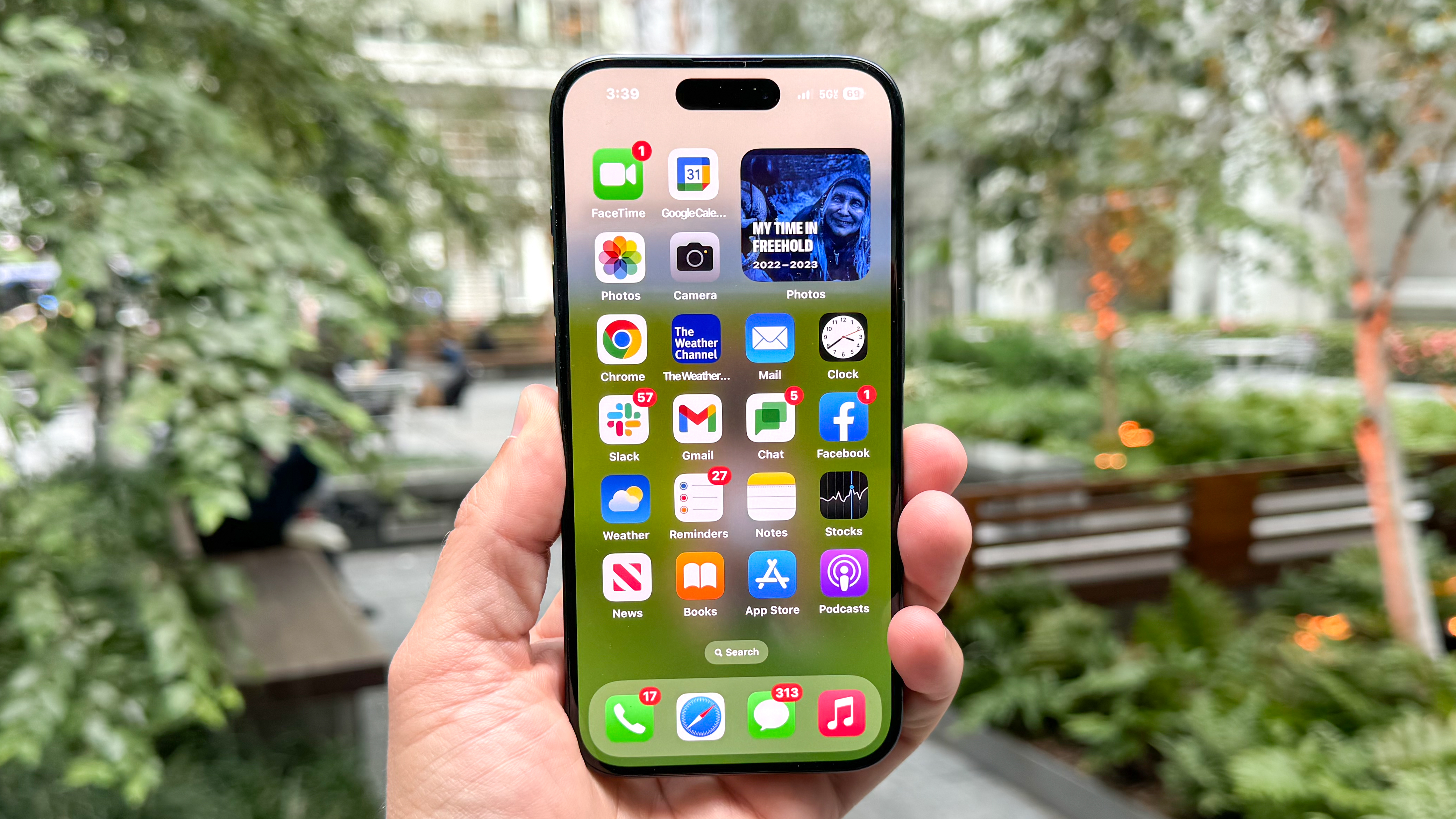
A new report is suggesting that improving technology means that we may see a 2TB storage capacity in Apple iPhones by 2026, most likely meaning the iPhone 18.
The report comes courtesy of the Taiwanese research firm TrendForce (spotted by MacRumors), who say that Apple will start releasing iPhones with quad-level cell (QLC) storage by 2026.
Currently, iPhones utilize triple-level (TLC) technology on storage chips. QLC would be denser which would allow for larger storage capacity without enlarging the physical footprint of the chip.
It was reported earlier this year that the iPhone 16 might swap out the current TLC NAND flash memory for QLC for 1TB models of the iPhone 16 Pro and the iPhone 16 Pro Max.
TLC memory is pricey, but is reliable and fast. However, reportedly, QLC NAND is less durable and reliable but it is supposed to be less expensive. This might mean that an iPhone that features QLC might perform worse or face long term problems as the chip is used.
TrendForce's estimate means that Apple could start integrating QLC memory into this year's iPhone 16, next year's iPhone 17 or possibly the iPhone 18 lineup.
Their report claims that Chinese handset manufacturers will also start incorporating QLC later this year. So, we might see QLC in phones from manufacturers like Huawei or Honor starting in 2025 and then we can see how manufacturers overcome some of the alleged limitations of QLC technology.
Apple has been reluctant to increase RAM in their iPhones, and it's expected that the iPhone 16 Pro will feature 8GB of RAM. Competitors like Samsung's Galaxy S24 Ultra and the Google Pixel 8 Pro feature 12GB RAM, which could alleviate the speed issues that may be present in QLC devices.
That said, Apple gets a lot out of their chips, so the forthcoming A18 Pro or a future chip might be able to handle more demanding tasks without additional RAM.







